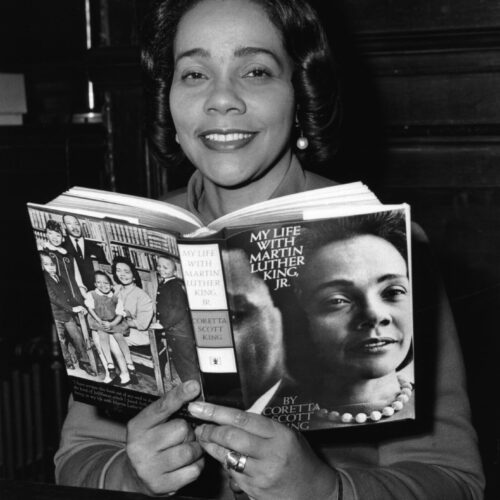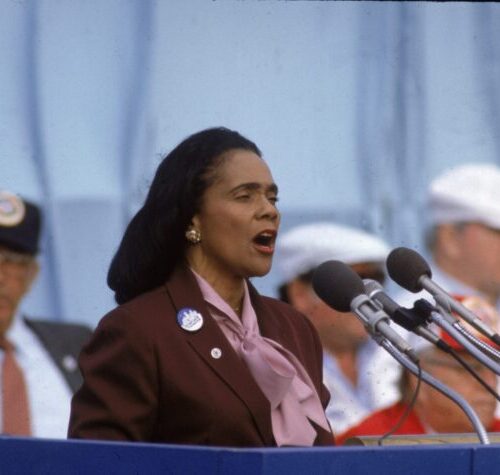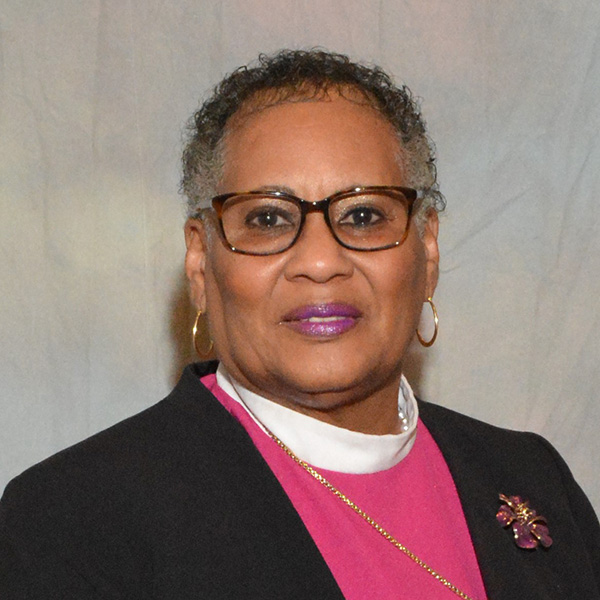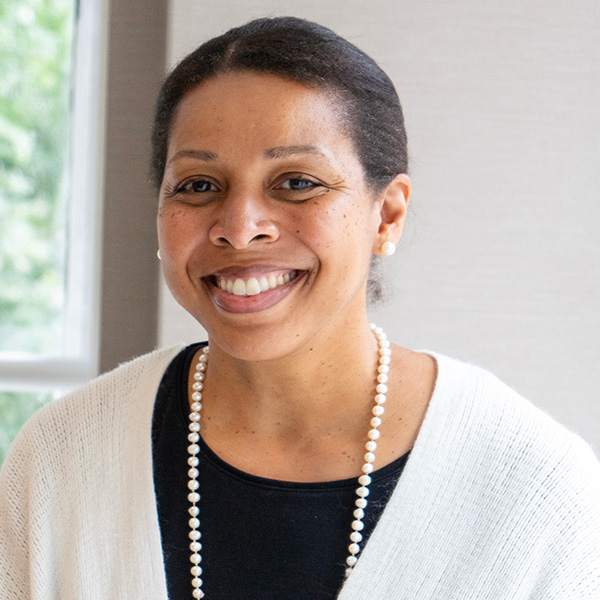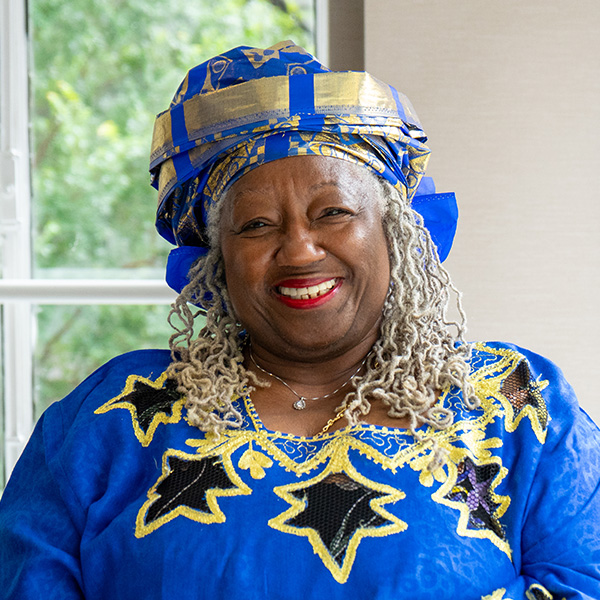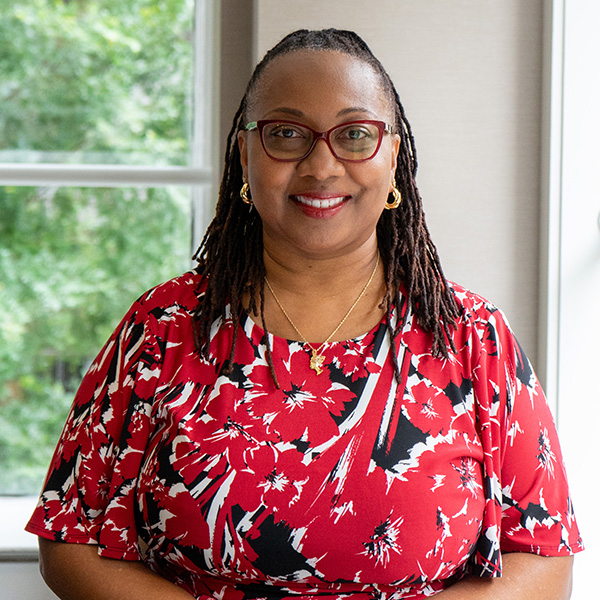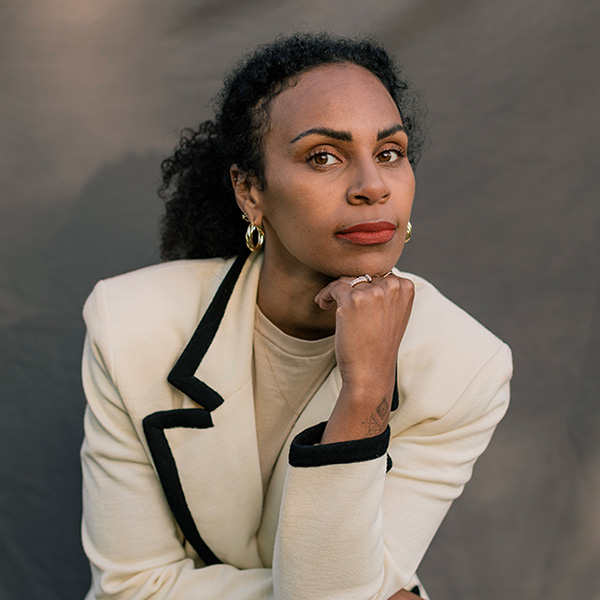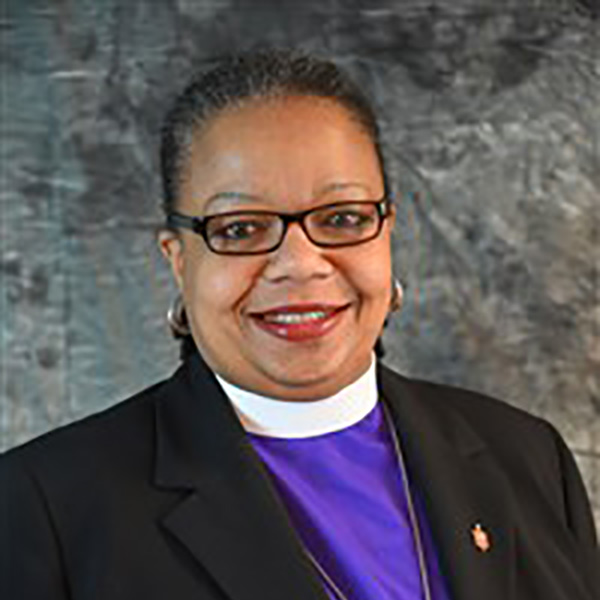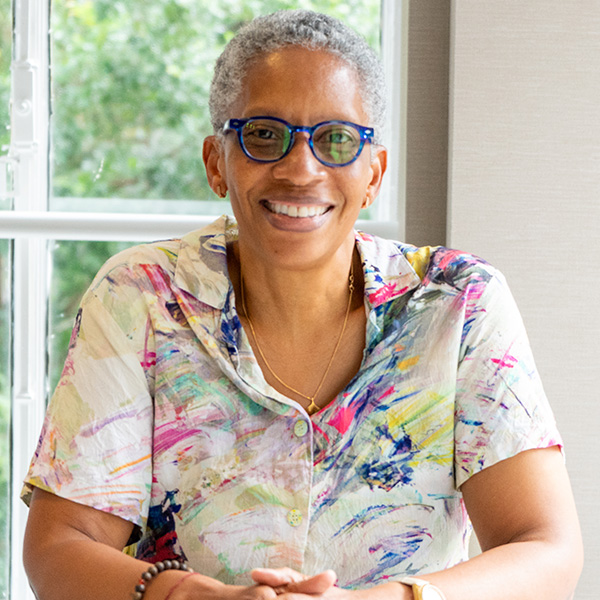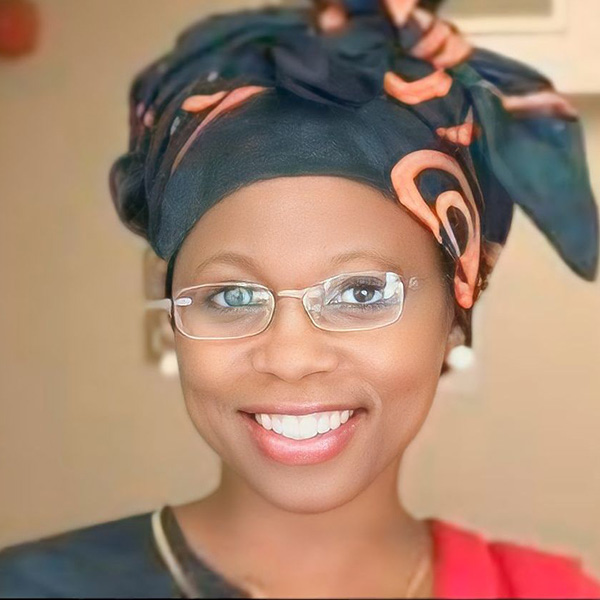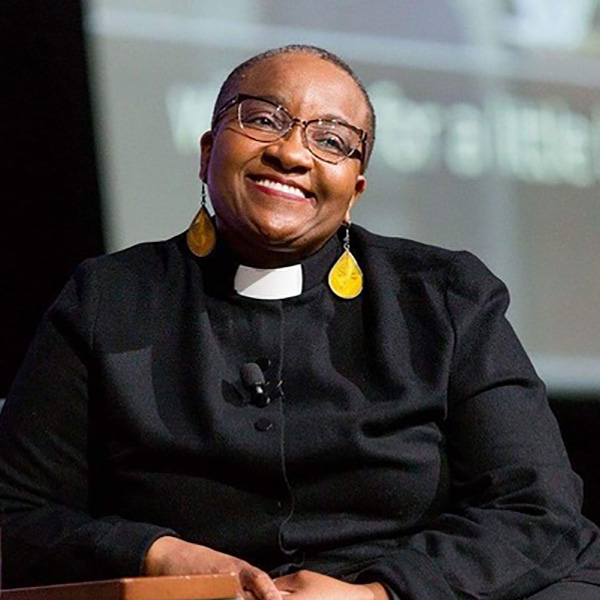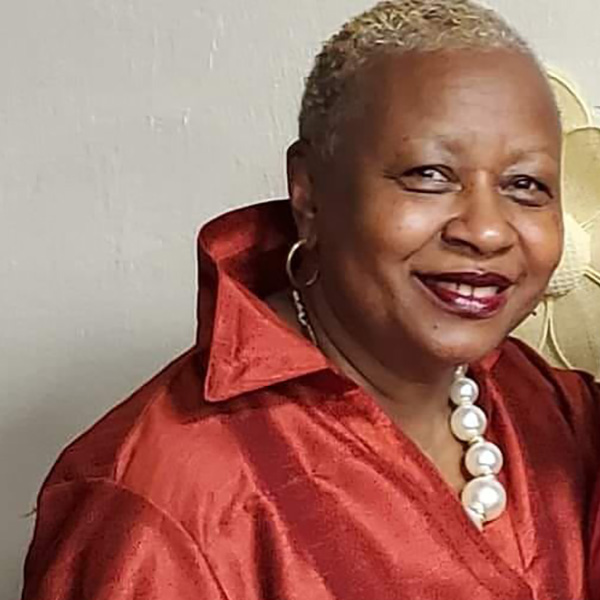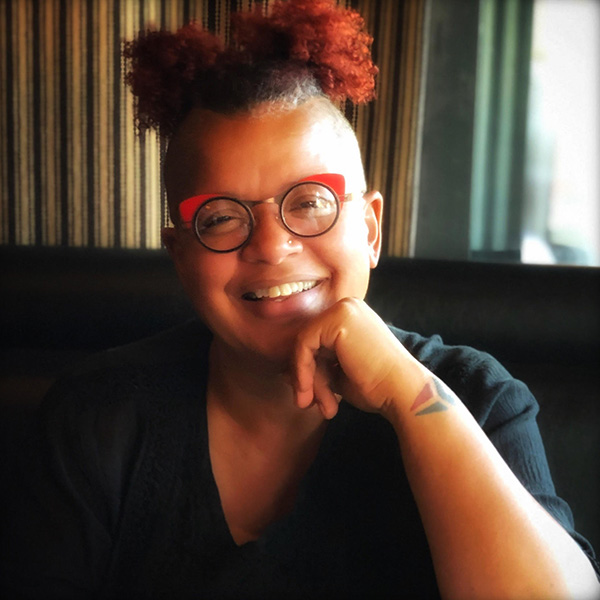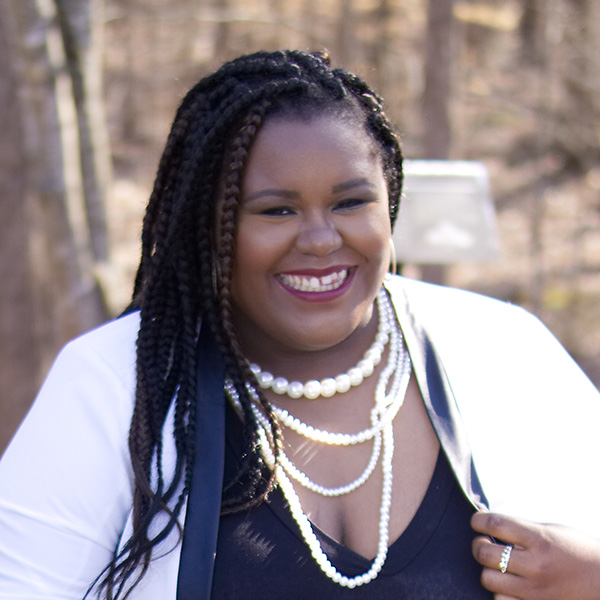Biography
Early Life
Coretta Scott King committed her life to civil rights and social justice for African Americans. She was also the wife of beloved civil rights leader Martin Luther King, Jr.
She was born on April 27, 1927, in rural Marion, Alabama to Obadiah and Bernice Scott on their family farm. Her musicality was developed as a child. She sang while working to plant and harvest crops alongside her siblings. They sang gospel songs like “This Little Light of Mine.” By the time she was old enough to attend Lincoln High School, she was appointed as the Junior Choir director.
After being awarded a scholarship, she attended Antioch College in Ohio. She graduated in 1951 with Bachelor’s degrees in Music and Elementary Education and was motivated to join the National Association for the Advancement of Colored People after being denied a teaching position because of her race.
Music to Activism
The success of her 1948 musical debut at Second Baptist Church in Springfield, Ohio encouraged her to pursue her passion further by enrolling in the New England Conservatory of Music. In Boston, her musical talent flourished and her courtship with Boston University Theology student Martin King, Jr. developed into a relationship.
In June 1953, the couple married and moved to Montgomery, Alabama. They were the faith leaders of Dexter Avenue Baptist Church.
As her husband’s involvement with civil rights activism grew, Coretta King became the first lady of both the congregation and the movement. Coretta
King used her musical talent when accompanying her husband to organizational meetings, rallies, and international engagements like their 1959 trip to India. She also taught voice lessons to students at Morris Brown College in Atlanta after the family moved there in 1960.
A Mother’s Leadership
Within a decade of her marriage, she gave birth to four children, Yolanda, Martin (III), Dexter, and Bernice. She learned to balance motherhood and supporting her husband’s activism.
When King was assassinated in 1968, she maintained her commitment to leadership in the civil rights movement. She recalled later in life, “Although I am a woman of strong faith, I admit that my spirit sometimes struggled to overcome the heaviness of the tragedies around me. When heartbreak knocked on my door, I learned to let faith answer.”
Her faith supported the work she did in local and national protests where she was a featured speaker at events like the Poor People’s Campaign March on Washington and the Hospital Workers Strike in Charleston, South Carolina.
Continued Activism
In 1969, she published her first autobiography, My Life with Martin Luther King, Jr., and founded the King Center for Nonviolent and Social Change in Atlanta.
Her advocacy for children made her a moniker for the distinguished Coretta Scott King Book Award. It was first awarded in 1970 to raise awareness for talented African American children’s book authors and illustrators. In the 1980s, she was successful in leading the campaign to make her late husband’s birthday a federal holiday.
At times, she struggled to be seen outside of her identity as a wife and widow. She opened her autobiography (As told to Reverend Dr. Barbara Reynolds), My Life, My Love, My Legacy, with “There is a Mrs. King. There is also Coretta. How one became detached from the other remains a mystery to me.”
Despite the attempts to marginalize her activism, she did have a distinct identity and a significant impact on the civil rights movement. Coretta King’s involvement in organizations like National Organization for Women, the Women’s International League for Peace and Freedom, and United Church Women, reflect her social consciousness for supporting issues that impact women’s rights and the faith community.
Her poise during turbulent years and after the tragic assassination of her husband inspired people around the world. Her faith, nurtured through her eloquent musicality, sustained her in difficult times and propelled her forward in her endeavors. Coretta Scott King’s decision to maintain a public presence as a human rights advocate impacted the lives of several generations.
